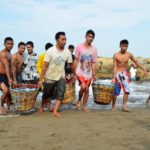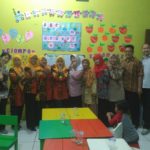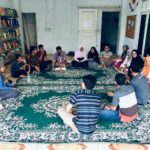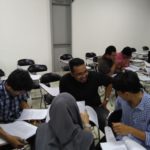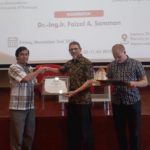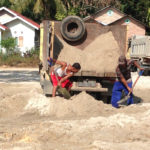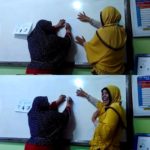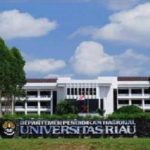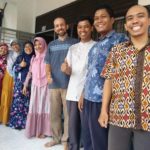
Following three years of investment into Psychology lecturers’ English language ability and methodology of delivering their subjects in English, the time came to move on and partner with other faculties at the State Islamic University of Sultan Syarif Kassim in Riau, Indonesia. This decision was made in light of local lecturers becoming increasingly familiar and confident with using English as the medium of instruction for their classes, and also a number of program participants successfully applying for further study abroad.

